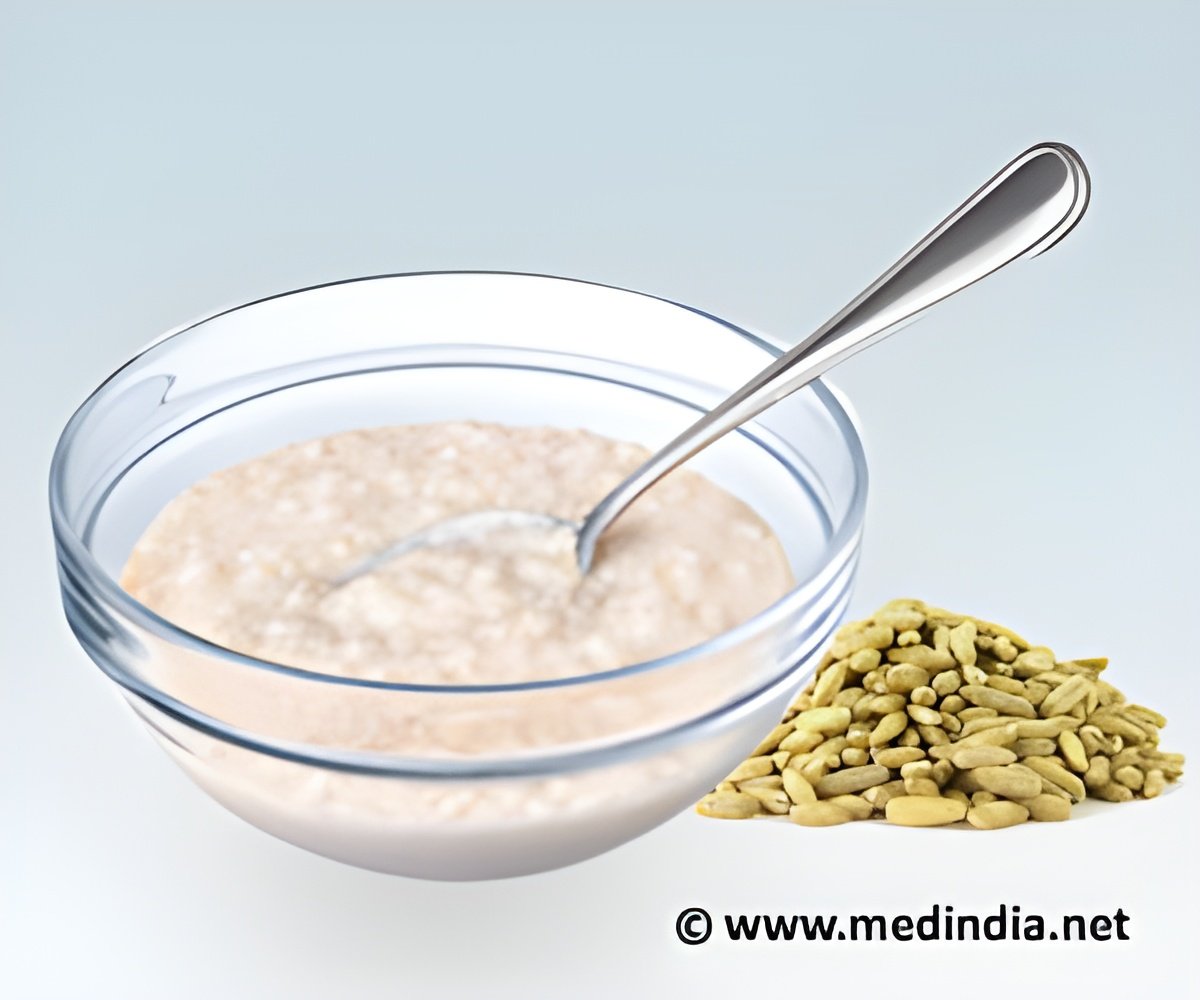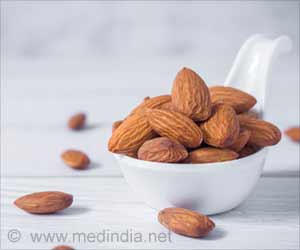Study states that consumption of dietary prebiotics will reduce the negative physiological impacts of stress.

- Chronic stress disrupts sleep/wake cycle and affects gut microbial diversity.
- Study reports that a diet rich in prebiotics alleviates the stress-induced disruption of sleep and gut microbial alpha diversity.
- Healthy sleep patterns are essential for brain development especially during early years and healthy gut bacteria increase body's resistance to invading pathogens.
Certain stress factors like experiencing work-related stressors, having low social support, or exposure to trauma/combat may affect sleep patterns.
The beneficial effects of probiotics to health are already known.
Prebiotics
The probiotic bacteria feed on certain types of natural, non-digestible fibers called prebotics.
The prebiotics stimulate the growth of healthy bacteria such as bifidobacteria and lactobacilli in the gut. Healthy bacteria in the intestine can combat unwanted bacteria and increase body's resistance to invading pathogens.
"So far no adverse effects from prebiotics have been reported," said Dr. Mika, "and they are found widely in many plants, even present in breast milk, and are already commercially available."
Experiment
In their experiment, researchers tested rats. One group of rats received prebiotic-enriched diet for several weeks prior to a stressful test condition and the control group did not receive any.
"The stressor the rats received was the equivalent of a single intense acute stressful episode for humans, such as a car accident or the death of a loved one," said Dr. Robert S. Thompson, the lead author of the study.
The results revealed that the rats that ate prebiotics prior to the stressful event did not experience stress-induced disruption in their gut microbiota, and also recovered healthier sleep patterns sooner compared to controls.
Early brain development and function depends on sufficient sleep and proper nutrition and starting a diet rich in prebiotics could help improve sleep, support the gut microbiota and promote optimal brain/psychological health.
"A next set of studies will be looking exactly at that question - can prebiotics help humans to protect and restore their gut microflora and recover normal sleep patterns after a traumatic event?" Thompson added.
The new study is published in the online journal, Frontiers in Behavioral Neuroscience.
References
- Prebiotic Fibre - (http://www.prebiotic.ca/prebiotic_fibre.html)
- Robert S. Thompson et al. Dietary Prebiotics and Bioactive Milk Fractions Improve NREM Sleep, Enhance REM Sleep Rebound and Attenuate the Stress-Induced Decrease in Diurnal Temperature and Gut Microbial Alpha Diversity. Frontiers in Behavioral Neuroscience; (2017) doi.org/10.3389/fnbeh.2016.00240
Source-Medindia















